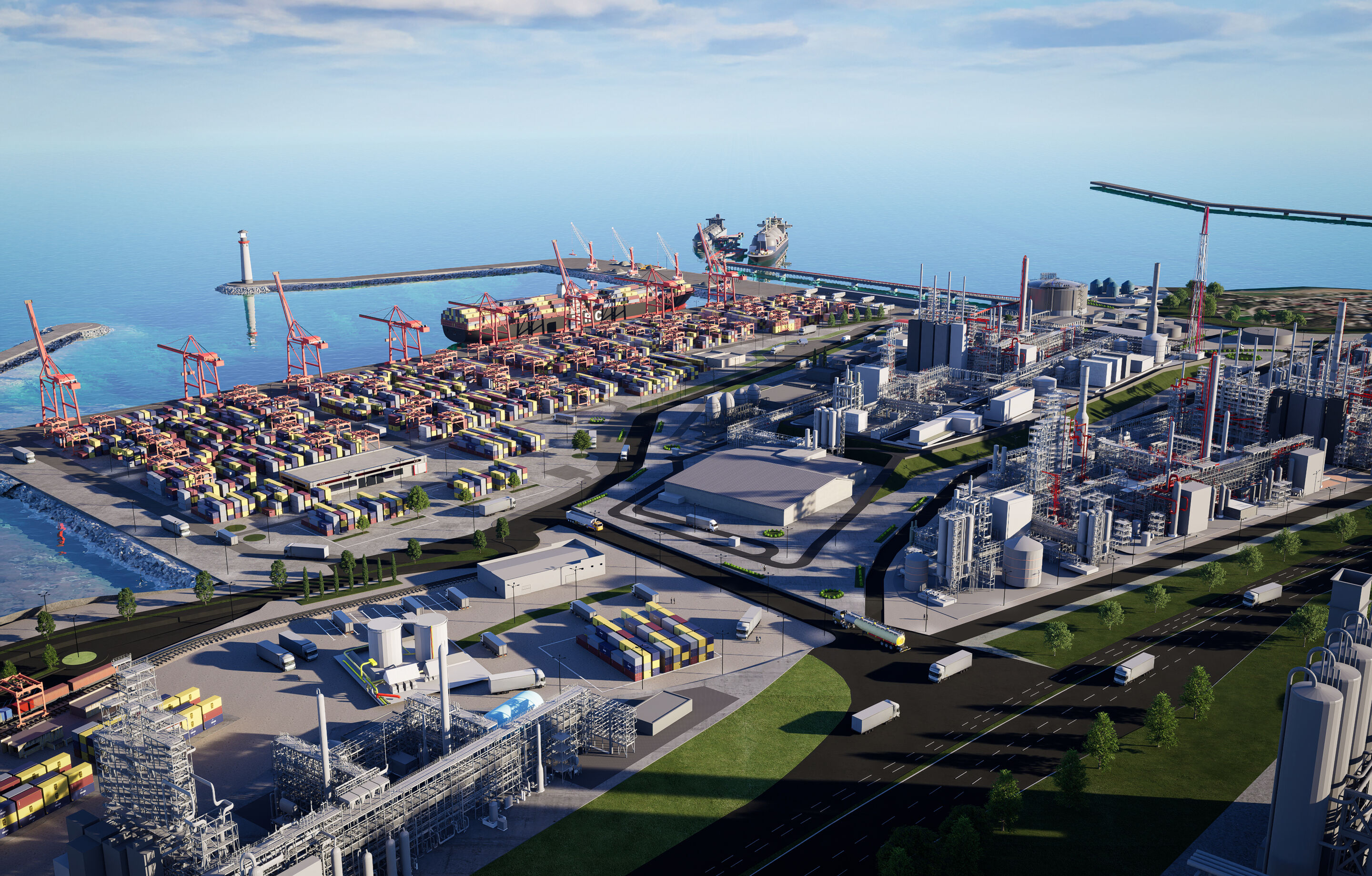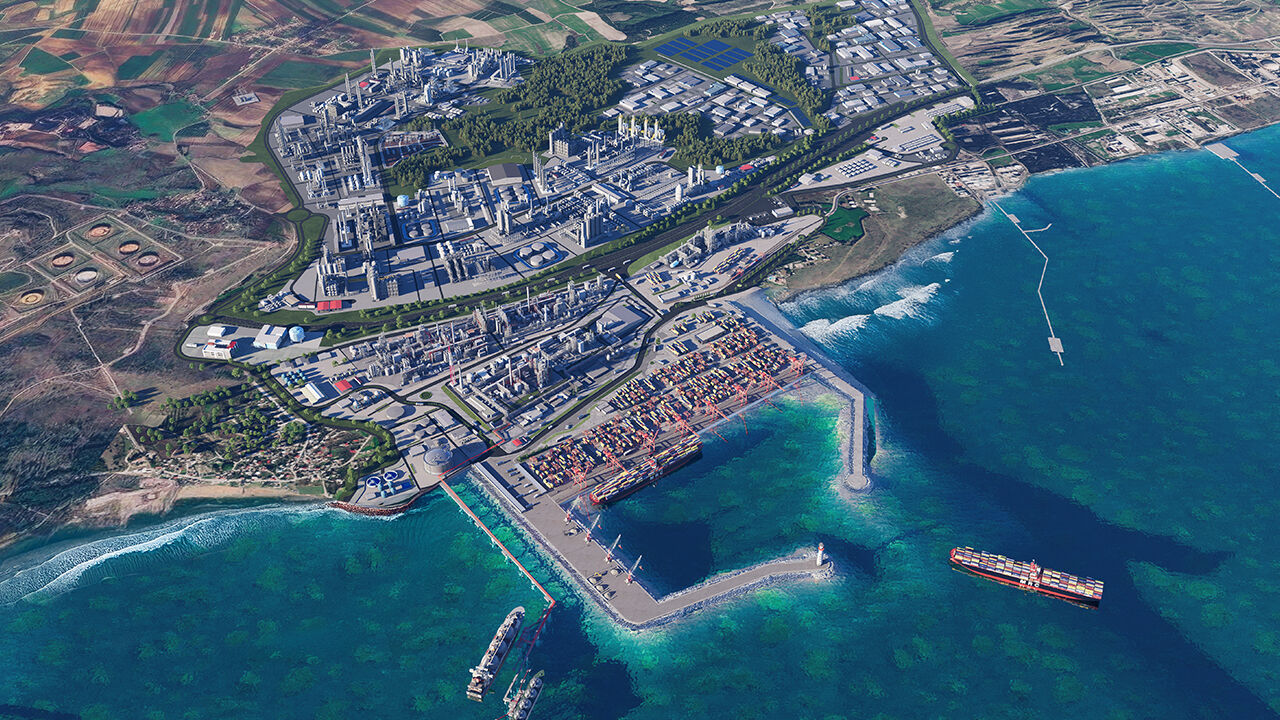
Polypropylene (PP) Production Plant and Terminal Investments will be one of the largest industrial investments ever undertaken by the private sector in Türkiye and the largest investment in Rönesans' history, expected to directly contribute $300 million annually to Türkiye's balance of payments.
The development is comprised of two distinct components financed separately by international financiers. The first is the PP production plant, being developed by Rönesans and SONATRACH (as a shareholder and feedstock supplier), with an annual production capacity of 472,500 metric tons, meeting roughly 17% of Türkiye’s PP demand. The second component is the terminal investment, which will be led by the Stolt-Nielsen partnership.
A total of $1.3 billion in financing, led by the U.S. International Development Finance Corporation (DFC) for the PP production plant and Spain’s Export Credit Agency (Cesce) for the PP production plant and terminal, underscoring the project’s global importance.
This landmark undertaking, valued at $2 billion, is expected to boost Türkiye’s industrial self-sufficiency and strengthen its global trade position – reducing the country’s import dependence.
The development is comprised of two distinct components financed separately by international financiers. The first is the PP production plant, being developed by Rönesans and SONATRACH (as a shareholder and feedstock supplier), with an annual production capacity of 472,500 metric tons, meeting roughly 17% of Türkiye’s PP demand. The second component is the terminal investment, which will be led by the Stolt-Nielsen partnership.
A total of $1.3 billion in financing, led by the U.S. International Development Finance Corporation (DFC) for the PP production plant and Spain’s Export Credit Agency (Cesce) for the PP production plant and terminal, underscoring the project’s global importance.
This landmark undertaking, valued at $2 billion, is expected to boost Türkiye’s industrial self-sufficiency and strengthen its global trade position – reducing the country’s import dependence.



